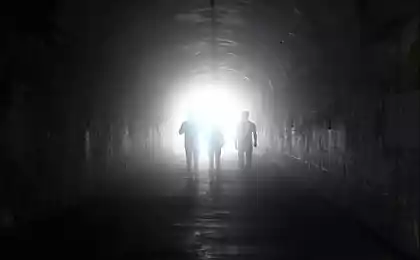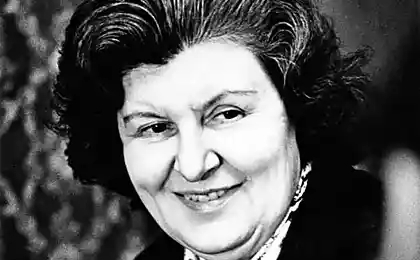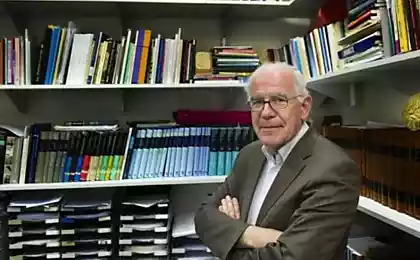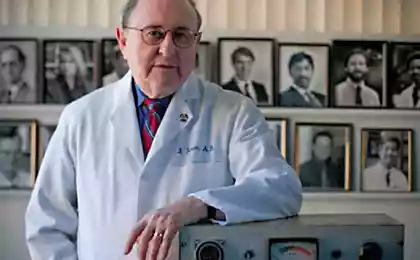609
Even a few minutes after clinical death, consciousness does not disappear
Until now it was believed that "out of body experience" - the result of oxygen starvation of the brain, but it's not that prosto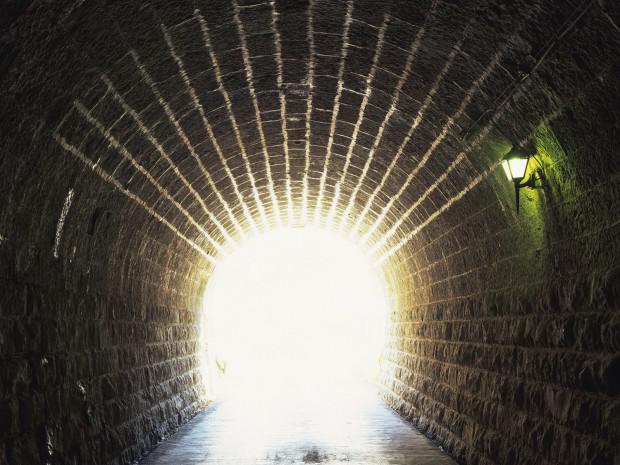
Research clinical death show that consciousness does not disappear for a surprisingly long period of time after the work of the brain is completely stopped. This finding suggests that the experiences associated with clinical death - more than just a hallucination, and that the current definition of clinical death is likely to be reviewed.
Clinical death and "out of body experience" has long been documented. They are especially common among people who have had a heart attack. Doctors resuscitators make statements about death, when, after a certain period of time the patient has been no pulse, no breathing and the pupils are fixed and dilated. But in the very short time after the determination of death, when the electrical activity of the brain and cerebral blood flow deteriorate or expire, some people experience a wide range of subjective phenomena. Survivors reported that "have seen the tunnel," experienced "a feeling of peace" and "feeling out of his body." All of these statements are made to explain the hallucinations, and scientific research in this area was extremely small.
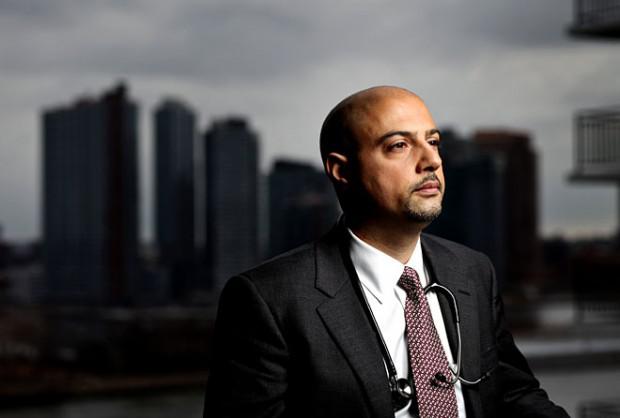
In an attempt to remedy this Sam guy from the University of Southampton has considered a wide range of mental experience in a state of clinical death. And interestingly enough, he even checked the validity of conscious experience, using objective markers to see whether there is a clear link postmortem experiences with real events, or is it just a hallucination. His results show that the experiences are real and should be taken seriously, especially scientists. And furthermore, it has been found that some patients experience a subjective experience even three minutes after complete cessation of brain activity. As part of an international study Man and his team studied 2,060 patients who survived clinical death. 330 of them survived. 140 of these 330 (42%) said that during resuscitation all aware and experienced a wide range of subjective experiences.
via factroom.ru

Research clinical death show that consciousness does not disappear for a surprisingly long period of time after the work of the brain is completely stopped. This finding suggests that the experiences associated with clinical death - more than just a hallucination, and that the current definition of clinical death is likely to be reviewed.
Clinical death and "out of body experience" has long been documented. They are especially common among people who have had a heart attack. Doctors resuscitators make statements about death, when, after a certain period of time the patient has been no pulse, no breathing and the pupils are fixed and dilated. But in the very short time after the determination of death, when the electrical activity of the brain and cerebral blood flow deteriorate or expire, some people experience a wide range of subjective phenomena. Survivors reported that "have seen the tunnel," experienced "a feeling of peace" and "feeling out of his body." All of these statements are made to explain the hallucinations, and scientific research in this area was extremely small.

In an attempt to remedy this Sam guy from the University of Southampton has considered a wide range of mental experience in a state of clinical death. And interestingly enough, he even checked the validity of conscious experience, using objective markers to see whether there is a clear link postmortem experiences with real events, or is it just a hallucination. His results show that the experiences are real and should be taken seriously, especially scientists. And furthermore, it has been found that some patients experience a subjective experience even three minutes after complete cessation of brain activity. As part of an international study Man and his team studied 2,060 patients who survived clinical death. 330 of them survived. 140 of these 330 (42%) said that during resuscitation all aware and experienced a wide range of subjective experiences.
via factroom.ru
